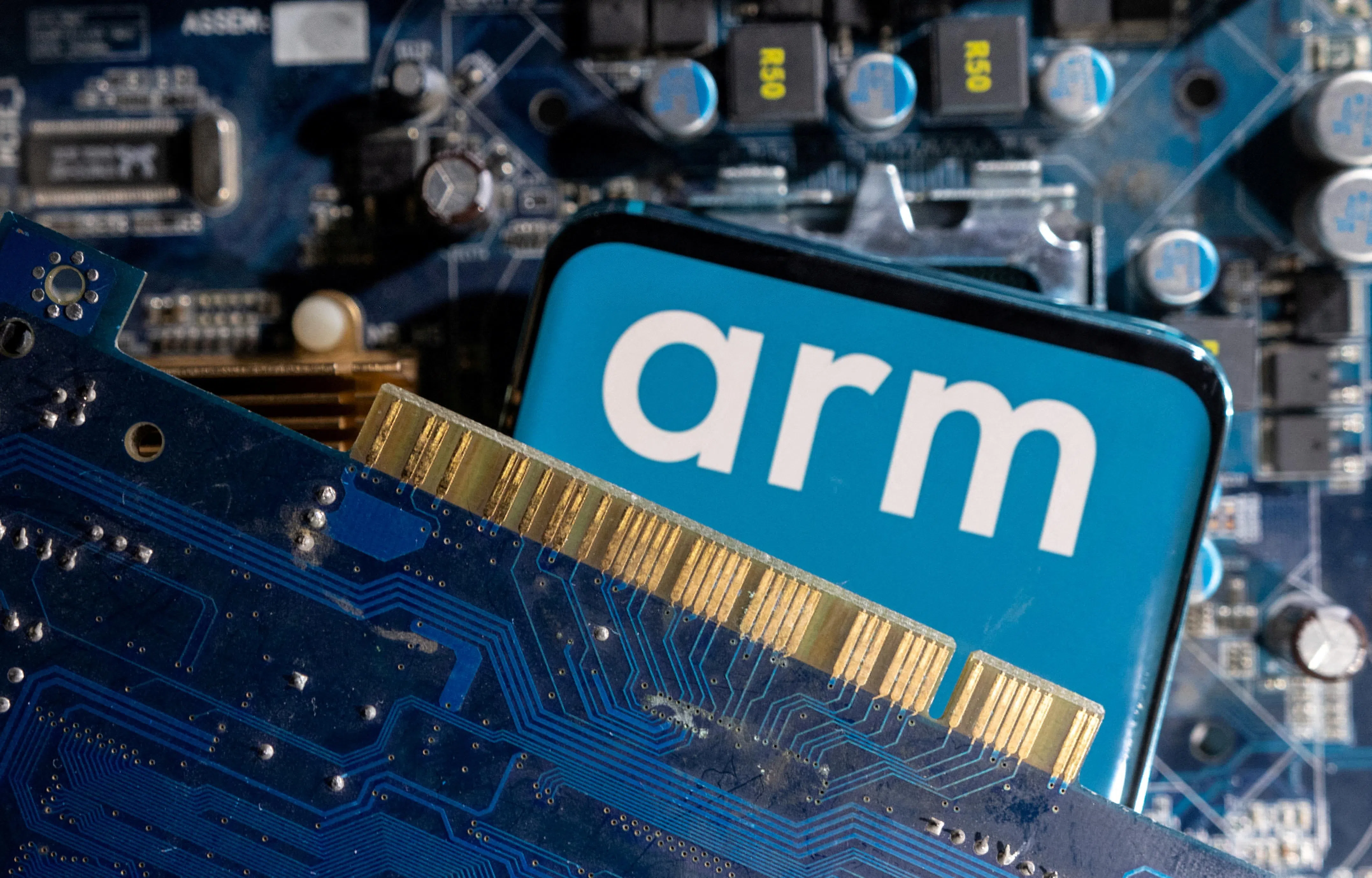Arm aims to capture 50% of PC market in five years, CEO says
ARM Holdings aims to gain more than 50 per cent of the Windows PC market in five years, the chip designer’s CEO said, as Microsoft and its hardware partners prepare to launch a new batch of computers based on the British firm’s technology.
Arm’s US-listed shares climbed 2.6 per cent in pre-market trade on Monday (Jun 3).
Demand for the use of Arm’s technology in personal computers got a boost after Microsoft unveiled ambitious plans last month to launch a new breed of PCs with artificial intelligence features to compete with Alphabet and Apple.
Its flagship Windows operating system will now run on chips designed by Arm, whose technology powered the rise of smartphones. Chips made by Intel have dominated the PC industry for decades and if the Arm push succeeds, it would reorder the market.
“Arm’s market share in Windows – I think, truly, in the next five years, it could be better than 50 per cent,” CEO Rene Haas said.
Microsoft has made a significant commitment to ensure its alternative technology to Advanced Micro Devices and Intel’s x86 technology is embraced by consumers, building a suite of software developer tools to make it possible to produce programs that function on Arm-based chips.
GET BT IN YOUR INBOX DAILY
Start and end each day with the latest news stories and analyses delivered straight to your inbox.
“They have (Microsoft) gone way beyond anything they had (in developer tools) and they really picked it up in the last couple of years,” Haas said. “They are very, very much committed from a software standpoint.”
Microsoft and hardware vendors are following in Apple’s footsteps. The company has seen success from its introduction of Arm designs. It has sold machines with its “M Series” processors for roughly four years and those chips offer long battery life and speedy performance.
Qualcomm has designed the first Arm-based chip to introduce consumers and businesses to the new Windows-based Arm machines, but other vendors will follow, Haas said.
Microsoft also has a battery of device makers signed on to sell machines with the Arms-based system such as Asus and Dell Technologies. REUTERS

